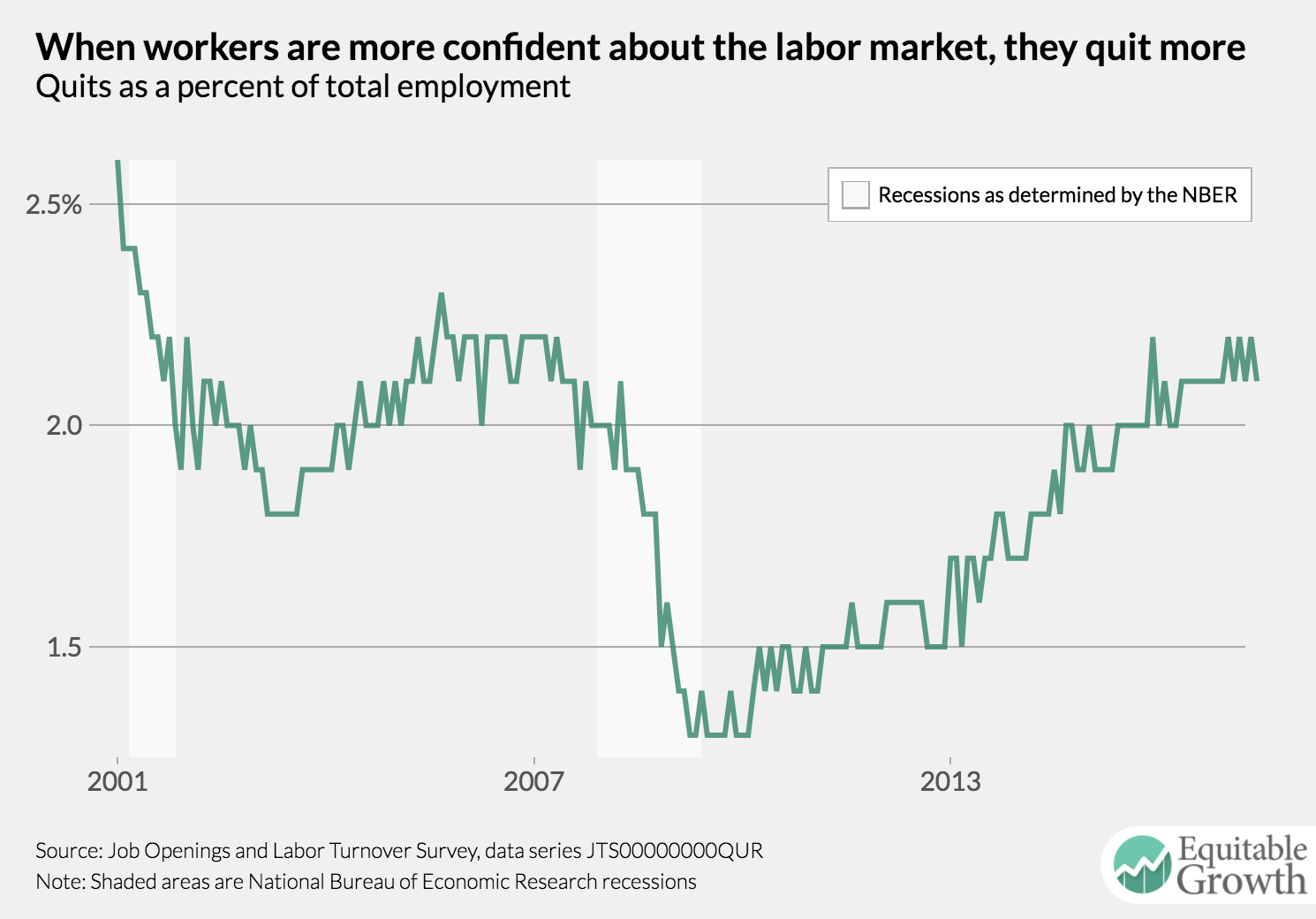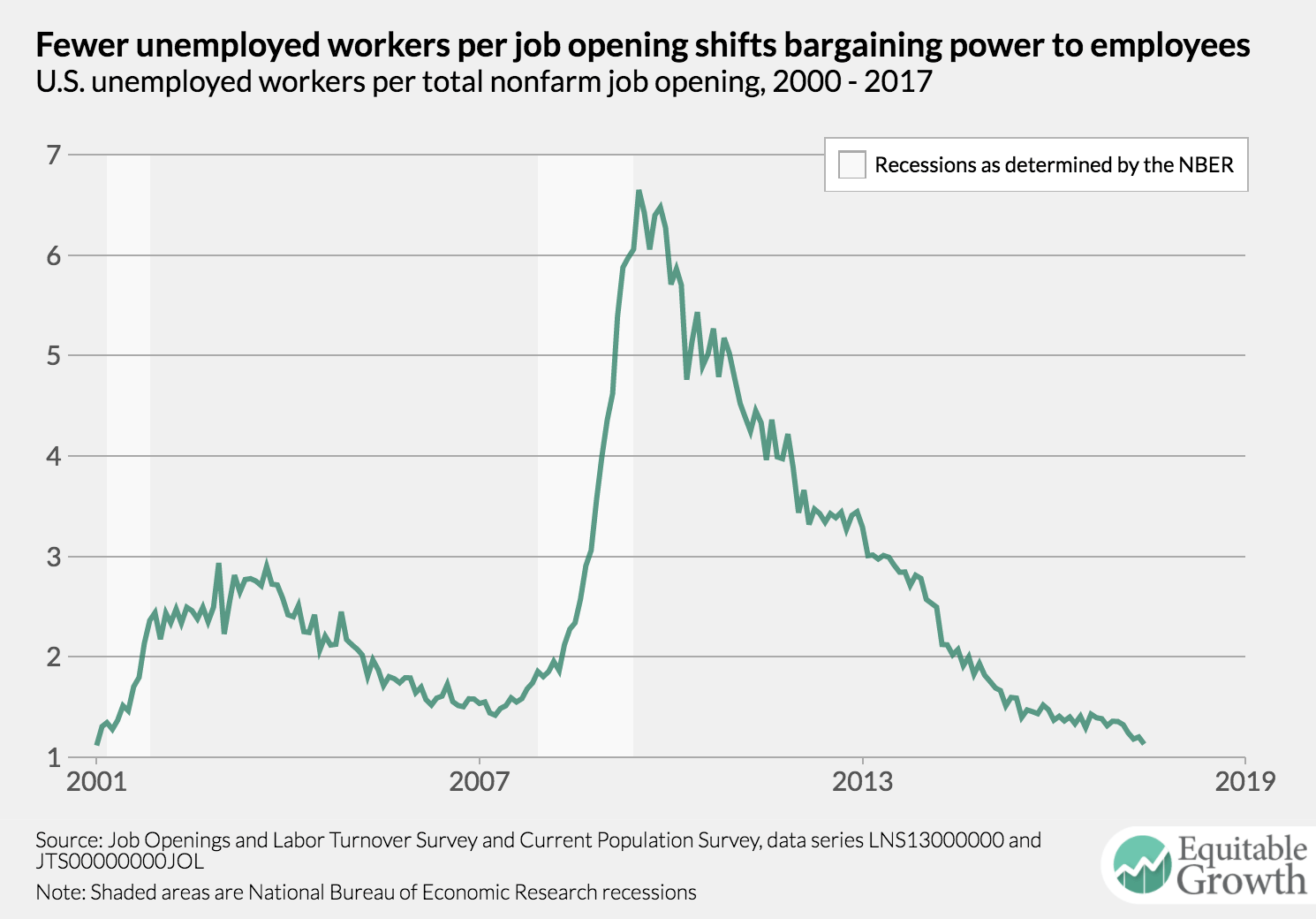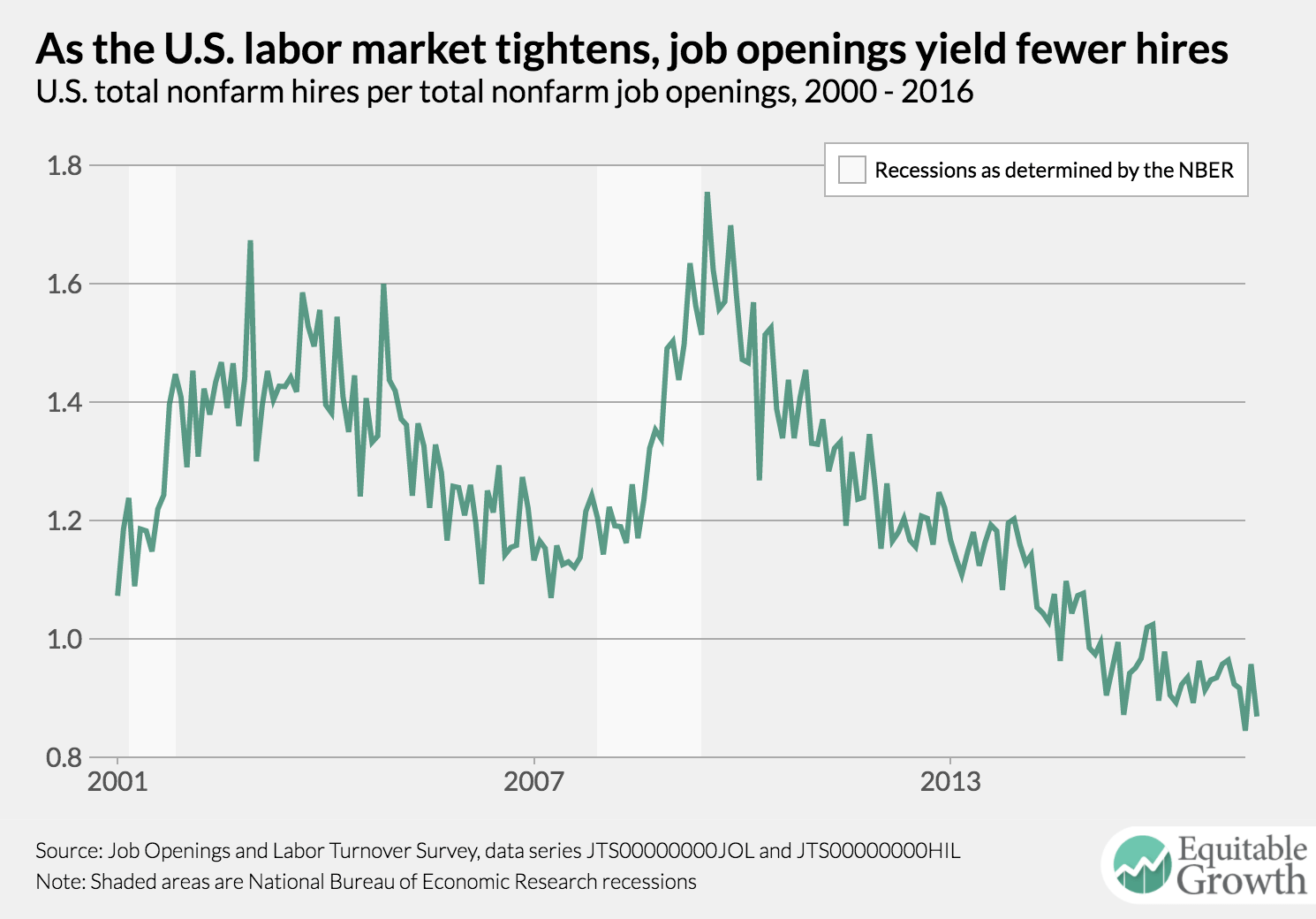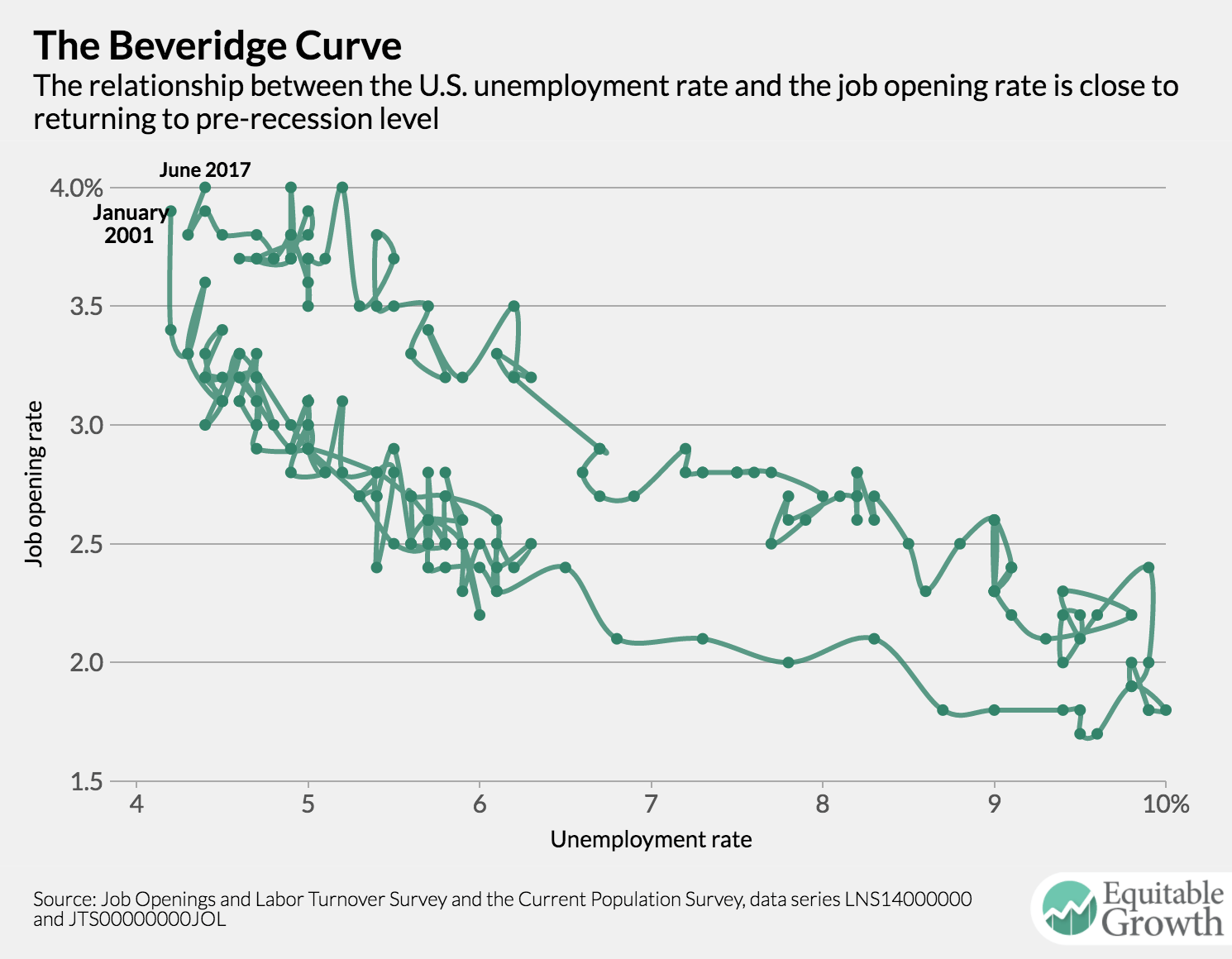…His essay argued that the discipline has been sliding backwards for three decades, smitten with mathematical models that have little to do with reality. And every time reality reared its head in contradiction to the models, the profession repeatedly chose to reject reality, leading to Romer’s label: “post-real macroeconomics”… assuming away the impact of monetary policy, bubbles, persistent irrationality, and most damningly, actual data. As… Narayana Kocherlakota efficiently summarized Romer’s critique: “Macroeconomists are pretty comfortable with non-evidence-based approaches to modeling.”… Many of the macroeconomists pilloried by Romer won Nobel prizes for these theories, and people and policymakers listen to them.
As Dean Baker stresses… post-real macro does not take place in a political vacuum…. [Dean] Baker… is the most pessimistic about economists’ ongoing contributions…. I fear he may be right. [Ben] Friedman… [Jason] and Furman make the case that missing the housing bubble and financial crisis, while a “spectacular miss” (Furman’s phrase), just confirms what we should already have known…. If your model ignores financial markets and excludes debt instruments (in post-real macro, money matters, mortgages don’t), your economics will be “unequipped to anticipate, or to address… the phenomena at the root of what happened.” If your model, like Greenspan’s, assumes rational behavior, then you will be blind to systemic irrationality, like the persistent underpricing of risk….
Furman doesn’t disagree with any of that. He just views it as one unfortunate corner of macro, a bad neighborhood in an otherwise vibrant city…. The crisis, which forecasters missed because they’re bad at forecasting, led to “good neighborhood” economists doubling down on the big questions of the day, from slow productivity growth, to the “zero lower bound” problem in monetary policy, to a sort of enlightened, contemporary Keynesian approach to fiscal policy. In his view, if there’s a problem in current macro, it’s that policymakers “are… insufficiently attentive to that research in crafting their policies.”…
I’m sorry to say I think Baker’s view is most correct in the broadest sense…. That some economists are breaking useful ground is… important…. Yet… Furman himself admits that too few actual purveyors of fiscal policy show any interest in, much less subscribe to, this “new view.” He fails, however, to ask the pressing question: Why not?… Baker… stresses the ways in which post-real economics remains highly influential, as it interacts with politics to give policymakers and their funders the information and “evidence” they need—and to suppress inconvenient facts—to press the case that continues to redistribute income their way…. A forecast error calls for recalibrating a model. Missing the housing bubble calls for rethinking, if not rejecting, the model…. Furman and especially Friedman argue for recalibrating, pressing for more realistic assumptions, less “model-gazing” (Furman), more evidence-based economics. These are great suggestions, but do they go far enough?…
Since the late Ken Arrow’s 1963 essay, pre-post-real economists knew that the health-care market was not, by a long shot, a regular market. Even Greenspan, to his credit, admitted, albeit after the fact, that self-regulation doesn’t work in financial markets. As for the alleged growth effects of trickle-down tax cuts, it’s remarkable we’re still even arguing about them…. [Yet] post-real economists provide support for these ideas. And this, to me, is how economics continues to fail us. Every good, progressive idea… runs into some version of post-real critiques, amped up by simple greed and money in politics…. The problem with post-real, non-evidence-based macro is… the way it so effectively and damagingly interacts with the unrepresentative politics and crushing inequities that characterize our contemporary economy.




